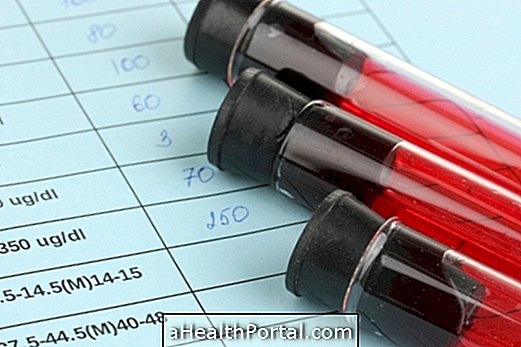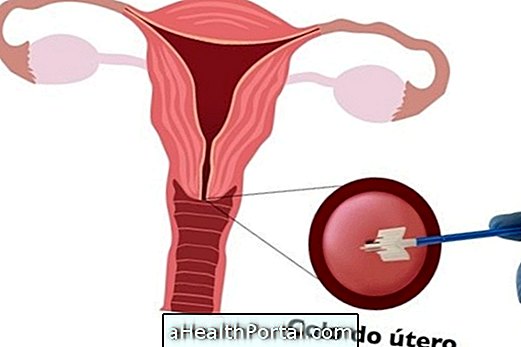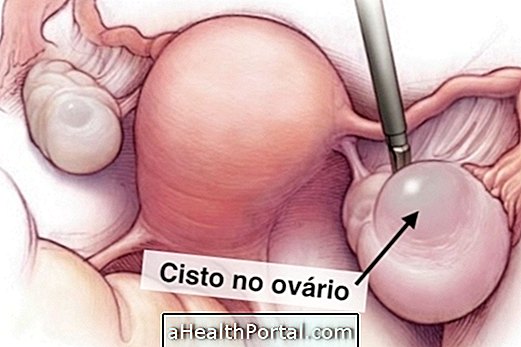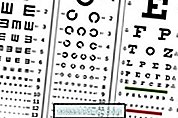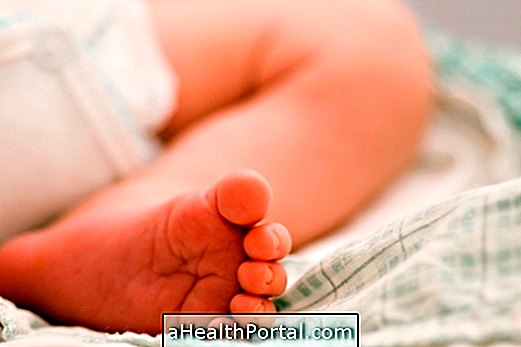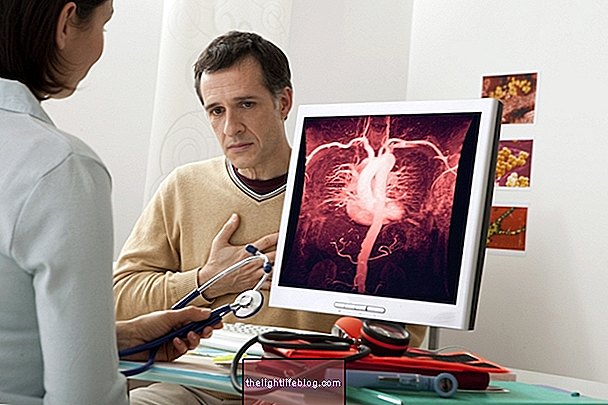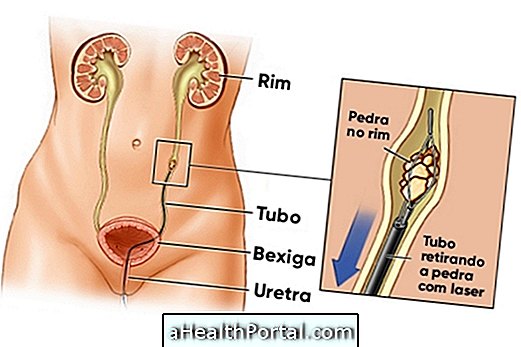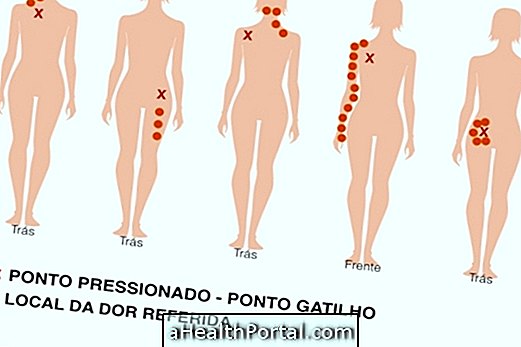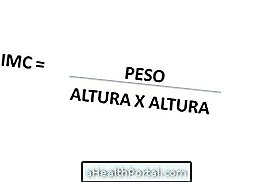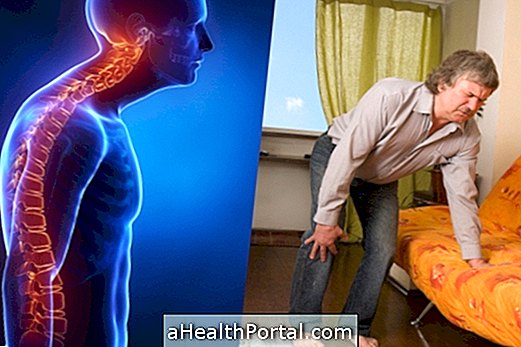The test of the little eye, also known as Red Reflex Test, is usually a test offered by SUS that serves to diagnose early vision diseases in the baby, such as congenital cataract, tumor, glaucoma or strabismus.
This test should be done in the first week of life of the newborn, preferably in the maternity ward, but can also be performed at the first consultation with the pediatrician and repeated at 4, 6, 12 and 24 months, being an important tool to prevent childhood blindness.
Although it is indicated for all babies, the prick test is particularly important for infants who were born with microcephaly and also for those whose mothers were infected with the Zika virus during pregnancy because they are more likely to have vision changes.
Here are some symptoms that may lead to suspected childhood glaucoma or congenital cataracts.
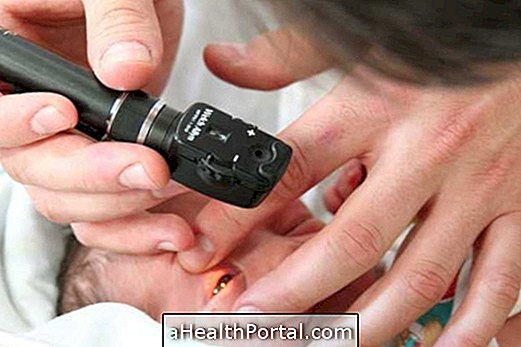
How is the test done?
The test of the little eye does not hurt and is fast, being performed by the pediatrician through a small device that projects a light into the eyes of the newborn.
When this light is reflected reddish, orange or yellowish color means that the structures of the baby's eyes are healthy. However, when the reflected light is whitish or different between the eyes, further examination should be done with the ophthalmologist to investigate the possibility of vision problems.

When to take other eye exams
In addition to the eye test right after birth, the baby should be taken for an appointment with the ophthalmologist in the first year of life and at age 3.
In addition, parents should be alert to signs of vision problems such as not following the movement of objects and lights, presence of photos in which the child's eyes reflect white light or the presence of squinty eyes after 3 years of age, which indicates strabismus. See how the treatment is done for children's strabismus.
In the presence of these signs, the child should be taken for examinations with the ophthalmologist, facilitating identification of the problem and appropriate treatment to prevent more serious problems, such as blindness.
See other exams that your baby should do right after birth.
